November 2021 - March 2022: before departure
The Niger Delta is “obviously, the most polluted area in the world where petroleum is being exploited,” said a one-time chairman of Friends of the Earth International and a founder of the Nigerian affiliate, Environmental Rights Action. “The only comparison is the Ecuadorean part of the Amazon or in parts of South Sudan, but those are smaller in scale.”
Peace in the Niger Delta has always been fleeting. It was integrated into the world economy by the slave trade that endured from the 16th until the 19th century. Local chiefs sold captured men, women, and children to the Portuguese and then the British.
The slaves were also shipped to the new world as muscle for the mines and plantations in Brazil, the Caribbean, and the U.S. When slavery was abolished, it was the Delta’s oil that became a vital ingredient in the industrial revolution. But it wasn’t crude — it was the thick oil derived from boiling palm fruit that the Europeans needed to lubricate their machinery.
Just before Nigeria gained independence from the British in 1960, Shell discovered its first commercial oil field in the Delta, and within a decade a fledgling nation that once depended on agriculture became addicted to petrodollars and succumbed to rampant corruption. Salomé Lamas
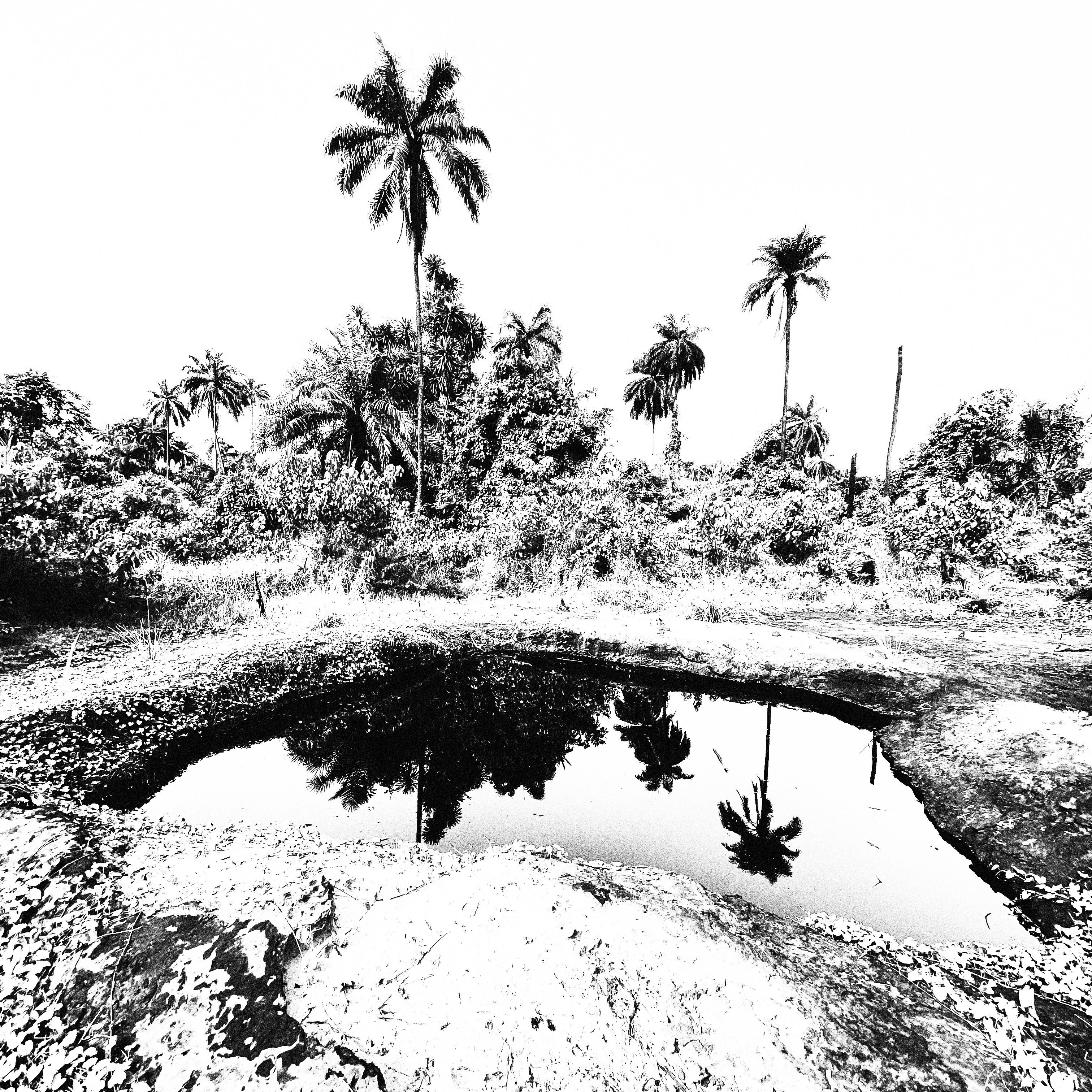
Anthropocene. From above, the abstract monumentality of the Niger Delta, redefined by human ambition and reproduced into environmental catastrophe.
Existential fable. Another no-man's-land, where the blackness or the psychopathology of Frantz Fanon's colonization seems now like an empty sound, and scholar debates, that writhe around neo-colonialism, echo distant and misfit.
In the dark, Pantheras follows, for one night, a group of women activists who have been condemned to collaborate with oil smuggling, but who criticize the men who view the activity as a social justice action and who are enrolled in an immeasurable corruption system that runs through the Nigerian society, with the connivance and interest of oil companies and international governments. These women are the true unsung heroes of the region.
In the war for oil, we find the resentment of a region forgotten and cursed by its resources, trapped between a government whose priority is the development of the North and not of the South of Nigeria, and a local liberation movement that has long sold its ideals to petrodollars. This phenomenon is rooted in decades and generations, condemned to perpetuate itself, and which the world prefers to ignore.
The force of non-violence. Acknowledging social and ecological interdependence in an apocalyptic crisis. The response to Coronavirus is an opportunity for reform with the end of the fossil fuel age in the horizon. Civil society leaders call for economic, social, and political change. SL
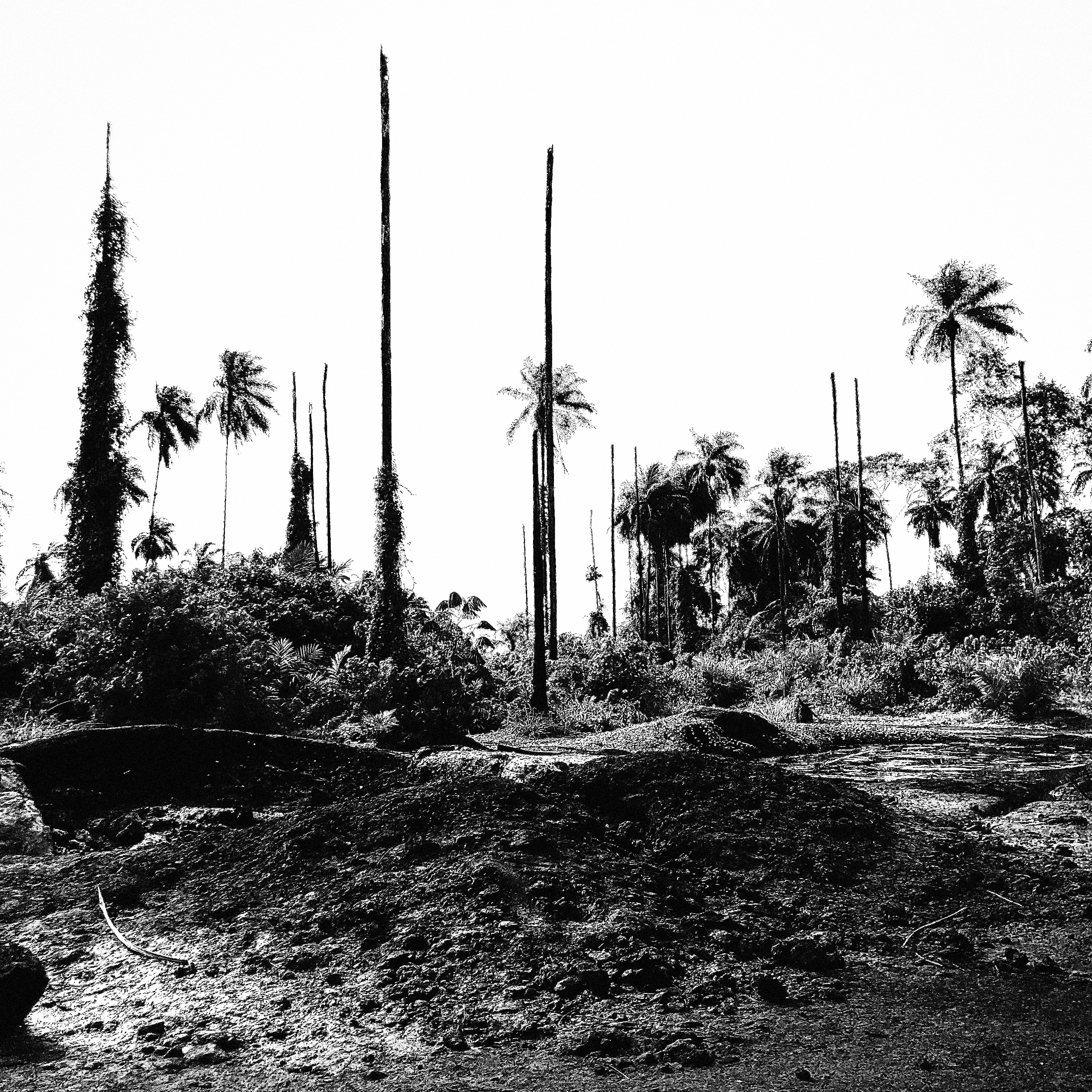
Port Harcourt is the centre of Nigeria’s petroleum industry where the evening sky literally glows with gas flares. Half a century of oil spills has left a 27,000 square-mile region of swamps, creeks, and mangrove forests in southeastern Nigeria one of the most polluted places on earth. Life expectancy is just 41 years.
Imagine the cumulative effect of living in Port Harcourt has on health. The pollution is not the only concern, but also the heavy traffic, the high cost of living and serious insecurity.
Robberies and gunfights are frequent as various armed groups spill over into the city from the surrounding creeks.
Oil’s importance is fading fast, but the desperate situation in Port Harcourt is unlikely to improve any time soon for one simple reason: money. In the past decade, crude has gone from providing about 80% of all Nigerian state revenue to about 50% last year. This year, with the global economy hit by the coronavirus adding to existing trends as the world shifts away from fossil fuels, the government projects an 80% decline in oil income.
That creates a bitter reality for residents at the centre of Africa’s biggest petroleum industry: they’ll have little help cleaning up pollution that’s deprived entire communities in the Niger River delta of their fishing and farming livelihoods. SL
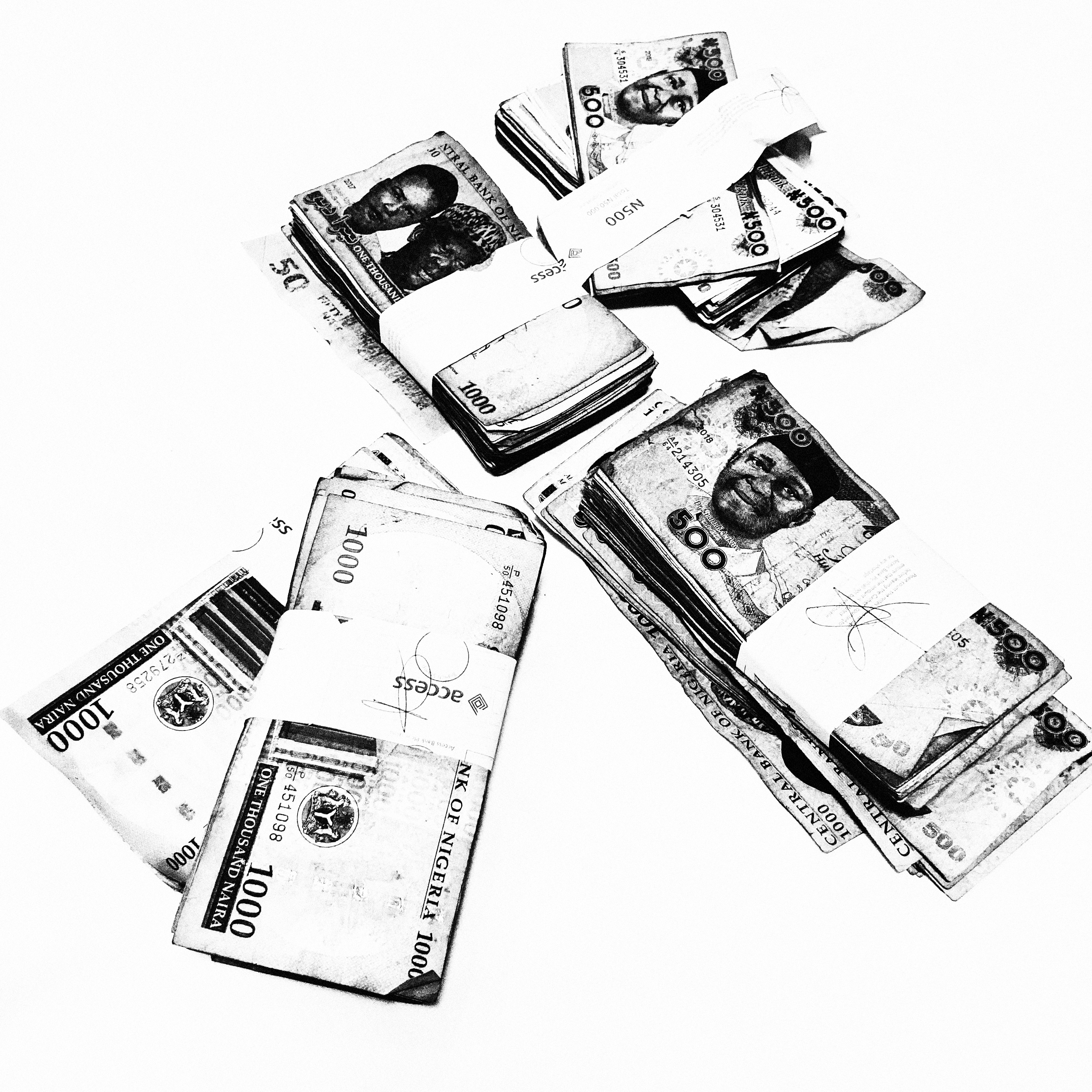
The film’s beginning is not characterized by intelligence but by an idiotism that resists the consensual way in which the situation is presented and in which emergencies mobilize thought or action. Film has always been affected by a vertigo that renders close what is distant and remote what is nearby. It traverses realms, like an uninterrupted conversation of spirits, and inundates everything with its fluidity; it draws everything into its abysmal drift. SL
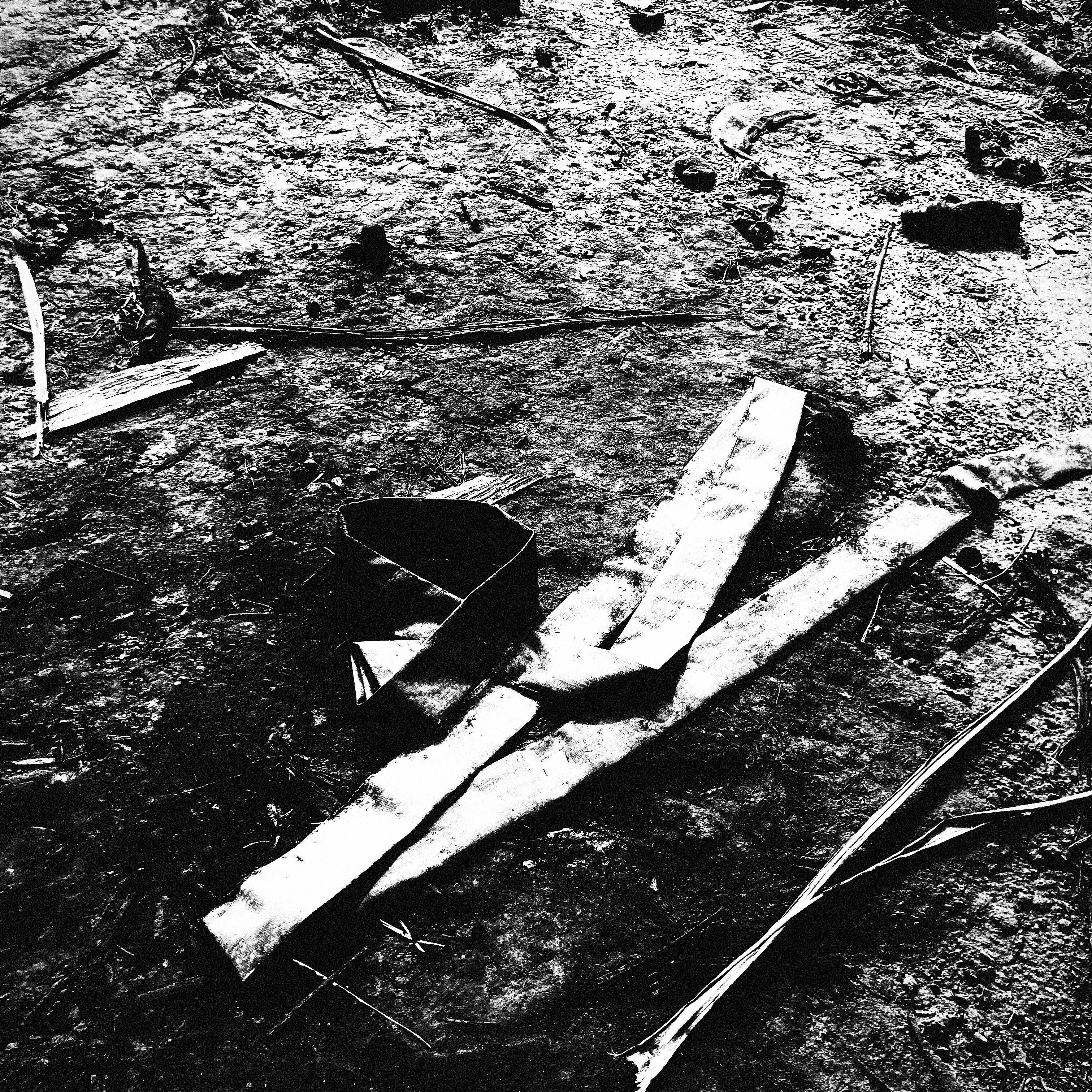
When addressing such issues, some more than others… Due to the urgency of our times and to a global awakening, we sketch partial policies vouched by old institutions and run systemic problem-solving strategies with the tools and means of a prevailing rotten model. There is a despair in witnessing our limited attempts unfolding.
There is a lot of noise and disorientation among us, mixed with a lot of wrongdoing, contaminated agendas, opportunism, power strugglers and twisted intentions.
Overall, I fear for humanity but there is a relieve in knowing that other living beings along with this planet will remain and that new worlds will emerge after we are gone.
When we act locally it is easier to find consolation and hope – the gesture is human, the impact noticeable, the attempt humble.
These distinct levels come with discussion, action, and intention; we are in a folding moment where good and evil get blurred. Ethics and morality open vast and complex issues that are misleading to track.
I’ve seen children whose drawings are dark. Adults with no agency or will. Broken lives due to systems of repression.
I’m aware of the traps of Babel, our fall into language and old conventions.
My skin is white, my hair is straight, I’m Portuguese, a semi peripheral country with a colonial past in a bloody old, privileged Europe.
Ideologies don’t hold. We have extinguished our chronos-constructed time. We have lost our dignity and usual shame. Stretched the limits and strand still on a worn and sterile land. How do we cope with the spectrums and trauma of history repeating itself and, overall, with our tragic condition?
How do we bear to coexist with the status quo? How do we open space for the other and for ourselves and how do we forgive others and ourselves?
How do we heal and avoid the perpetuation of a stream of exploitation and coloniality of the other?
How do we hold judgments? How can we provoke a necessary turn and avoid its predictable violence?
As a mere secretary devoted to study and research, most of my practice comes in a multidisciplinary form. When approaching the real, I detach myself from ethnography, reportage, and the genre of campaign cinema.
With no thesis intention I unveil and speculate. A sort of parafictional translation of the real. Parafiction responds to technological change and epistemological uncertainty by turning to reflexivity, artifice, and performativity. These projects take postmodern critiques seriously, yet they foregrounded the construction of contingent truths. They take up strategies of re-enactment, essayism, and subjectivism, and are accompanied by critical writing that supply these developments. The blurring of boundaries proposes a type of projecting that directly engages with the dialectical tension between representation and the narrative power of social reality while proposing something different. The films suggest a particular ability of the documentary to enact a parafictive kind of cinema: around, but not beyond, the real: beyond, but not besides, the fictive.
With red tainted hands I hold the responsibility of turning private matters into public and, with the best of my intentions, I make use of whatever power I eventually have, in a productive way. Seeking to produce images that blend the maker and its subjects.
What I care for is to raise questions with the hope that they might resonate with an anonymous collaborative audience, to raise awareness to certain matters of concern that I find critical to address today. Matters and characters that have been neglected are brought to light. Regions whose human right affairs might interfere with perverse economic and political interests. Places of no-where-ness where one finds existential limits in the shape of angles and demons.
Film is an interesting artform done collectively and experienced collectively. A social experience in opposition to the individualism privileged by the contemporary arts. Within other approaches (feature film) my practice and interests remain the production model, tradition and expectations are different. SL
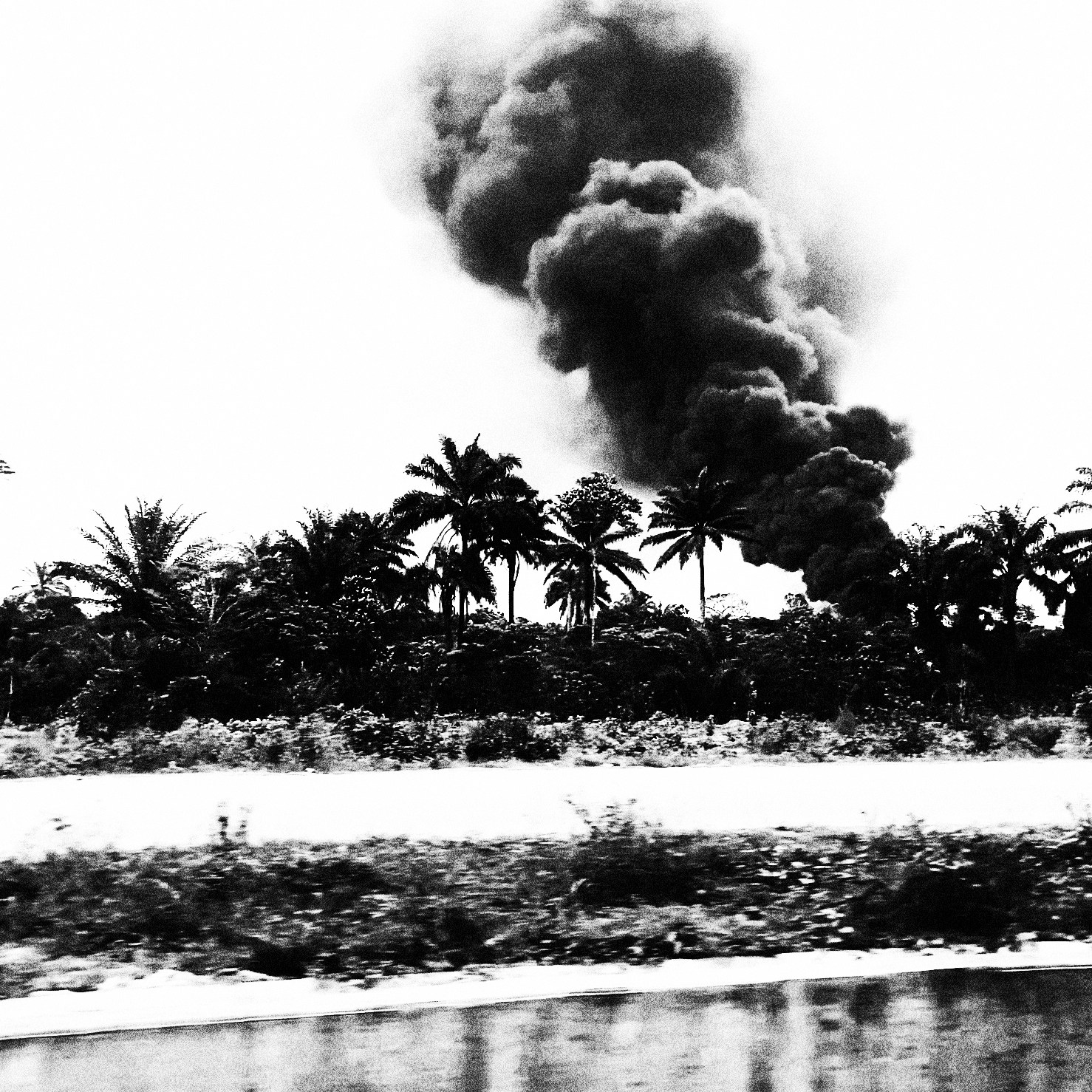
I was once asked about Eldorado XXI (2016) why did I want to go there, to such a remote and troubled place. After evaluating the question, I opted to answer briefly, since the explanation would take longer than we could afford now. I wanted to see it if I felt that other people needed to see it.
The longer answer would take us to analyze certain elements that convey to la Rinconada – a dantesque informal gold extraction site where human rights are neglected, located 5500m of altitude, on the Peruvian border with Bolivia – the features of a shapeless "no man’s land", a limiting border territory, but overall, a study case to a friction zone – the crystallization of a critical partition of our social globe.
Over the time I grew aware of a certain attraction for alien territories or characters to the prevalent paradigm with the aim of researching, speculating, exposing, and ultimately advocating in the mane of the marginalized pressured by Westernized societal models and economic systems. The shape that I encountered to meet these subjects with political implication is by recurring to "parafiction".
At la Rinconada we had planned to stay longer, but we had enough. It was time to return home.
This must be what every projector who plays his/her life in films wants. That his/her film is not just another one. It has to have a purpose. This is particularly visible in projects like Eldorado XXI (2016), Extinction (2018), Fatamorgana (2016-2019) or Pantheras (in development). They are of a different pulse and spiritual order.
Those are films with direction and assumptions, but whose direction is defined on the ground where everything is open. The expectations of the crew are not only to carry out their job rigorously, but to correspond and rise to the circumstances that we can only intuit or provoke. The generosity and responsibility of those who serve the film is not just about fulfilling a professional protocol, it is about sharing the discovery and being in constant struggle with the geography and with the extreme reality that we agreed to inhabit during the period of the production. It asks for a fearless laboratorial predisposition to match a directed proposal where physical, emotional, mental, and spiritual limits are explored. The beauty is that it becomes a social experience not just with the characters, whom we enter in transaction with, but also in the production design and its implications on the crew. The power of film is that it is a collective movement both in the systems of production and distribution. SL
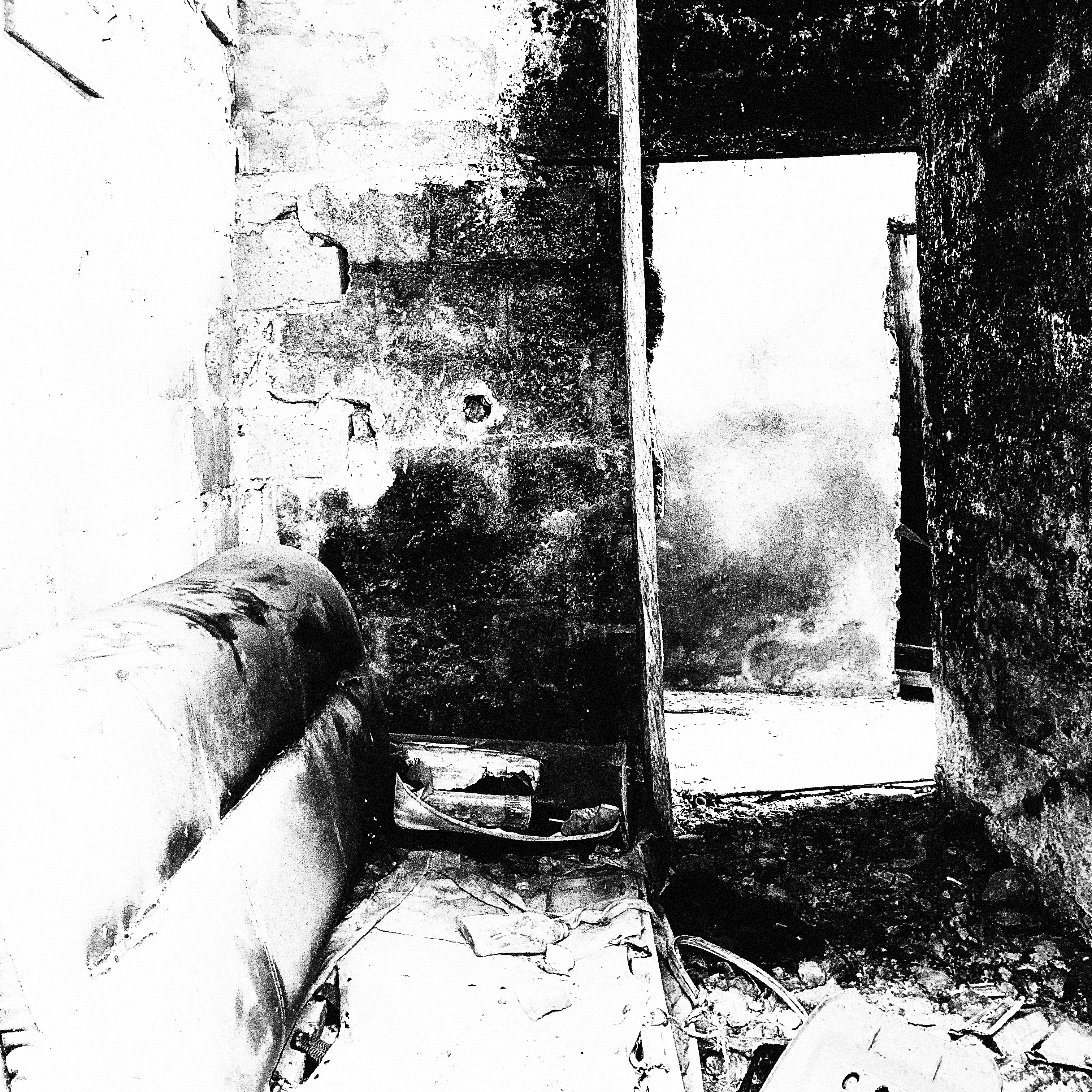
More and more I wonder why I make films and whom I work with. More and more I wonder about the production model and labor conditions of such work.
Raquel Da Silva had been with me, as production manager in El Dorado XXI (2016) and Extraction: The Raft of the Medusa (2020).
a) She is part of my life, and this film is part of my life.
b) We share ideas.
c) I think she will understand the film.
d) I want to think that context with her.
e) I trust her expertise and emotional intelligence.
f) We have worked together several times; we have a good understanding; and the translation is happy.
g) It is a position as production manager on a film – although not a need.
h) She is good at what she does.
i) …
Direction is to production as production is to direction.
It is in the combination of the decisions taken by these two equitable forces that generated the desire of a film. SL

From: salomé lamas <xxxxxxxxxxxxxxxxxxxxxxxxx>
Sent: Monday, January 17, 2022, 10:03 PM
To: raquel Dasilva <xxxxxxxxxxxxxxxxxxxxxxxxxxxxxxxx>
Subject: Pantheras
[…]
What matters is not what we talk about, but how we talk, the questions we ask in our search for answers.
Everyone that we will meet in this film has to share this desire.
I must call with Pantheras. If I keep waiting – I have been blocking the process – I will regret it, the window to go to Nigeria this year is January-February-March (beginning). We know that it implies time, energy, and desire to prepare this first trip. The film starts here. Earlier this week I must set the dates.
Have a thought about it and give us an answer. The project can be anything at this moment, but we can't ignore that it is the proposal of a film. Films are more rewarding as a production format; they are handier to distribute to their target audiences, are easy to store, they travel well and have a faster impact in our societal model.
If you accept this invitation, please be aware that the trip that will take place is not an end. It is merely the beginning, and we must soldier until the end.
[…]

From: raquel Dasilva <xxxxxxxxxxxxxxxxxxxxxxxxxxxxxxxx>
Sent: Monday, January 17, 2022, 2:03 PM
To: salomé lamas <xxxxxxxxxxxxxxxxxxxxxxxxx>
Subject: Pantheras
[...]
When we did Eldorado we got stuck at some point in that more fictionalized, narrative intention, which was the formula resulting from the first visit. We both suffered with it. You because it took you a while to free yourself from it, and I because, although I felt that the solution was this liberation, I felt frustrated at not being able to make your desire come true. So I was relieved in our conversation yesterday to understand your freer intention for this trip to Nigeria. It will be important to think carefully about the crew.
When you got sick at Rinconada, Luís [Urbano, the producer of the film] said to me on the phone: "Come back, just take everyone to the plane and come back." I told him that we couldn't do that, first of all because you were not in conditions to travel, you needed a few days to get yourself together and besides, we still didn't have a film and none of us would ever go back there. That's why I held on to those handwritten posts with a series of intentions of actions and landscapes of some things that we had seen before, which I knew were important to you and with which you could make your film.
And that thing, which I don't know how to name, is the thing that makes sense to me and is the reason I want some films more than others. It is something that is built in the processes, which sometimes prevails and sometimes doesn't. And none of this is easy, there are also struggles and periods of "disgust" that these films provoke. Sometimes it's not enough to do the laundry when we get back from shooting. In Eldorado I felt I also had to shed my skin, take off the one I was wearing and grow a new one. It was a slow process, that one.
I believe that more than a film, Eldorado was a life experience, an adventure. It is different this process of yours, which stems from in-depth research from a distance before going into the field. I trust your ability to manage that openness for what is to come.
I remain fascinated by your near absence of fear, as fascinated as I am concerned.
That said: my passport expired last year. I have to renew it.
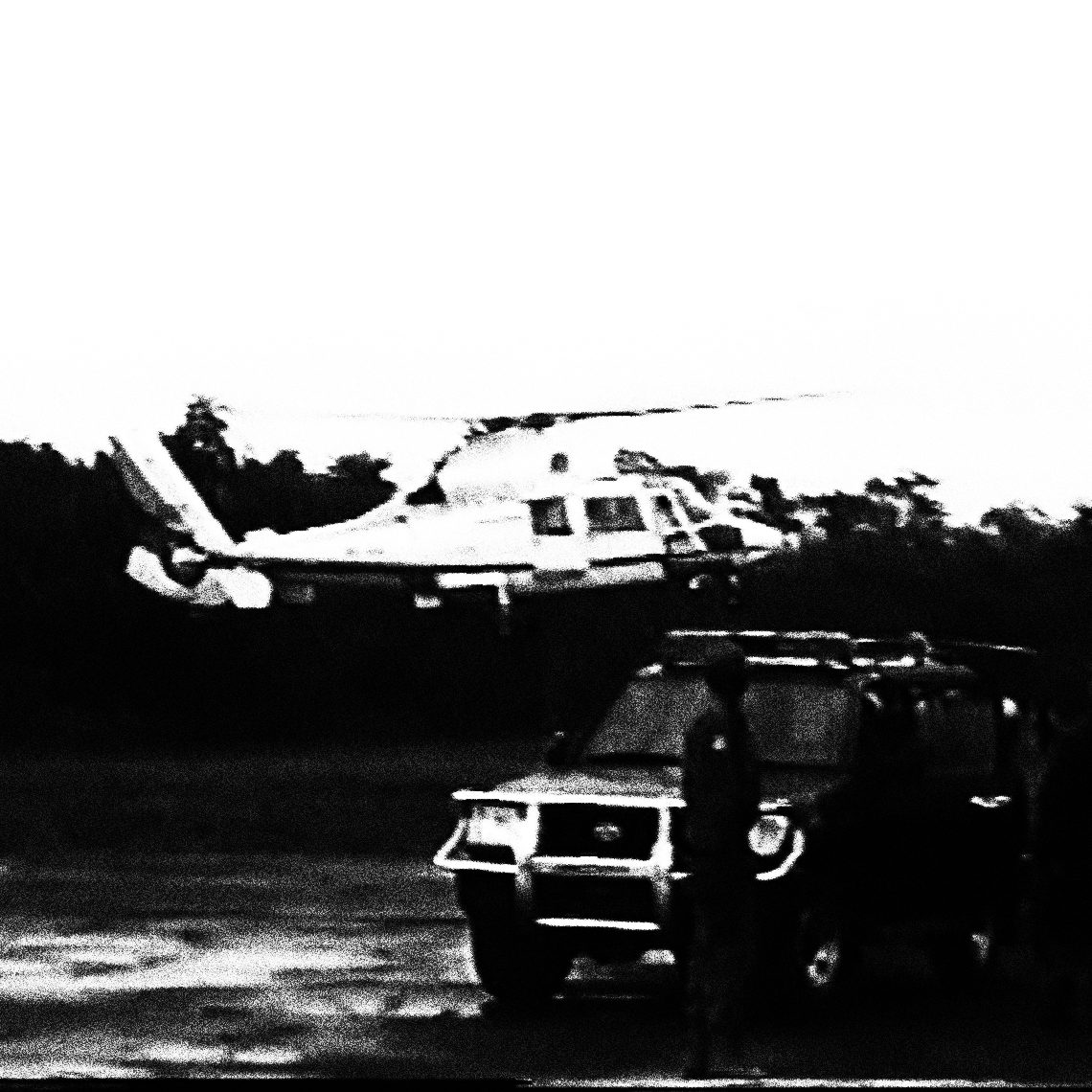
EXTRACTION: THE RAFT OF THE MEDUSA, PROJECT (2019-2020) I was called to do a project about climate change with the patronage of United Nations and no final cut. I named our concerns clearly: capitalism, sovereignty, white supremacy, colonialism, exploitation, extractivism along with scientific data, and accepted when they were edited out of the voiceover text. I also heard that it was "too dark" and that "we can’t tell people that we are all going to die". My complicated allegory might have been too explicit in acknowledging that planet earth will prevail but that humans might be facing another end due to the claims above, that we are all on the raft and that time is running out. I decided to extend the project into other productions that didn't find the same constraints. The PANDEMIC happened right after the project's last production was released.
GAIA, PROJECT (2021) I was visiting a nanotechnology laboratory when Portugal declared its first lockdown. The project was built around a meteorite that fell on our planet way before life existed, questioning the ethical implications of a prosthetic earth and its technology, convoking inter planetarium narratives side by side with contradictory contributions from philosophers and social scientists to the current debate.
ELDORADO XXI (2016) Flirting with ethnography but never accepting it the project explored a dantesque miming town that at 5500m of altitude is the highest settlement on earth. La Rinconada in Peru is too remote and forgotten to make the headlines.
FATAMORGANA, PROJECT (2016-2019) On my first trip to Lebanon, I scouted locations and casted actresses for the leading role along with extended interviews about their lives and some considerations about the aims of the project. I was asked what I was "doing in Lebanon". My aims with the project were to use Lebanon as a study case to address Middle Eastern politics together with a broader perspective on Western geopolitics. The territory also provided a fertile terrain to discuss religion, language, colonial heritage and to reflect on the inscription of the citizens in society. Reenforcing with infinite timeline connections the common sentiment that our destiny is in the hands of power and economic interests instead of nations and that history keeps repeating itself. A multiform project whose hypothesis was to fail, experimenting formats that did not fit and that found closure by the means of autophagy. 2020 summer provided THE BEIRUT BLAST and since then Beirut is pitch dark.
EXTINCTION (2018) while working in Transnistria, a frozen conflict in Moldova backed up by Russia, with a fake script for visa purposes, the aim was to inquire about identity and nationhood. In 2015 on the border with threatened Ukraine the crew was interrogated by the KGB that wanted to make sure that we were not doing a "propaganda film". It claimed that "the question concerning the borders of the territories of what was once the USSR is a potential time bomb" but also that "our soul isn’t a border". It happened again, now a WAR IN UKRAINE.
HOTEL ROYAL (2021) proposed a fragmented chronicle of contemporary global society. Opening with the fact that "we don’t need to reinvent the world" and that "paying close attention to it is enough".
NO MAN’S LAND (2012) Picturing a perpetrator that claimed to having been active during the Portuguese colonial war, a mercenary for the ICA in El Salvador and a hitman for the GAL in Spain, I understood that I’m simply a filmmaker and not a judge, a historian, a journalist… the character presented us with terrifying descriptions stating that "to great evils there are strong remedies" that if he didn't do it someone else would and confronting us with our cynical coexistence with democracy.
Either tending towards non-fiction or towards fiction (HOTEL ROYAL 2021, THEATRUM ORBIS TERRARIUM 2013, UBI SUNT 2017, COUP DE GRACE 2017) these parafictions are arguments.
They rely on the special powers of subjective images that are more ambiguous and therefore open discussion.
Impactful RESEARCH TRIPS took place in INDONESIAN BORNEO to witness the jungle devastation implied by the palm oil plantations and the fight of indigenous people, in the BRAZILIAN AMAZON to celebrate and mourn a Kuarup with indigenous communities, in the CHILEAN PATAGONIA for the occasion of the 500 years of the circumnavigation of Ferdinand Magellan.
My attraction for the margins, limits, paradoxes, and places of now-here-ness allows me to find the extremes of the human soul.
Some people ask why I can’t devote my research lead practice to non-conflicting territories.
I never aimed at changing systems of belief. First because I was never that naive to trust that images have that power, secondly because I often ask myself who I am to tell anyone what to think. It would never accept to project propaganda.
The projects change only the projector, it can’t be anything, but it is enough. They have a consuming and a tremendously affective impact on me. Not a good one.
They offer themselves to a spectator willing to question along and provide the means to other fields of study and knowledge production.
I also debate if by addressing violence and cruelty we aren't simply digesting, commodifying or even perpetuating it and that by turning to beauty, thrust and desire, we would be transforming our world.
In the place of the ‘I’ a ‘We’ should be most of the times heard because ‘I’ wasn’t alone and the projects were made collectively with the contribution of many others.
I am writing this while we wait for a visa to go to the Delta of Niger. SL
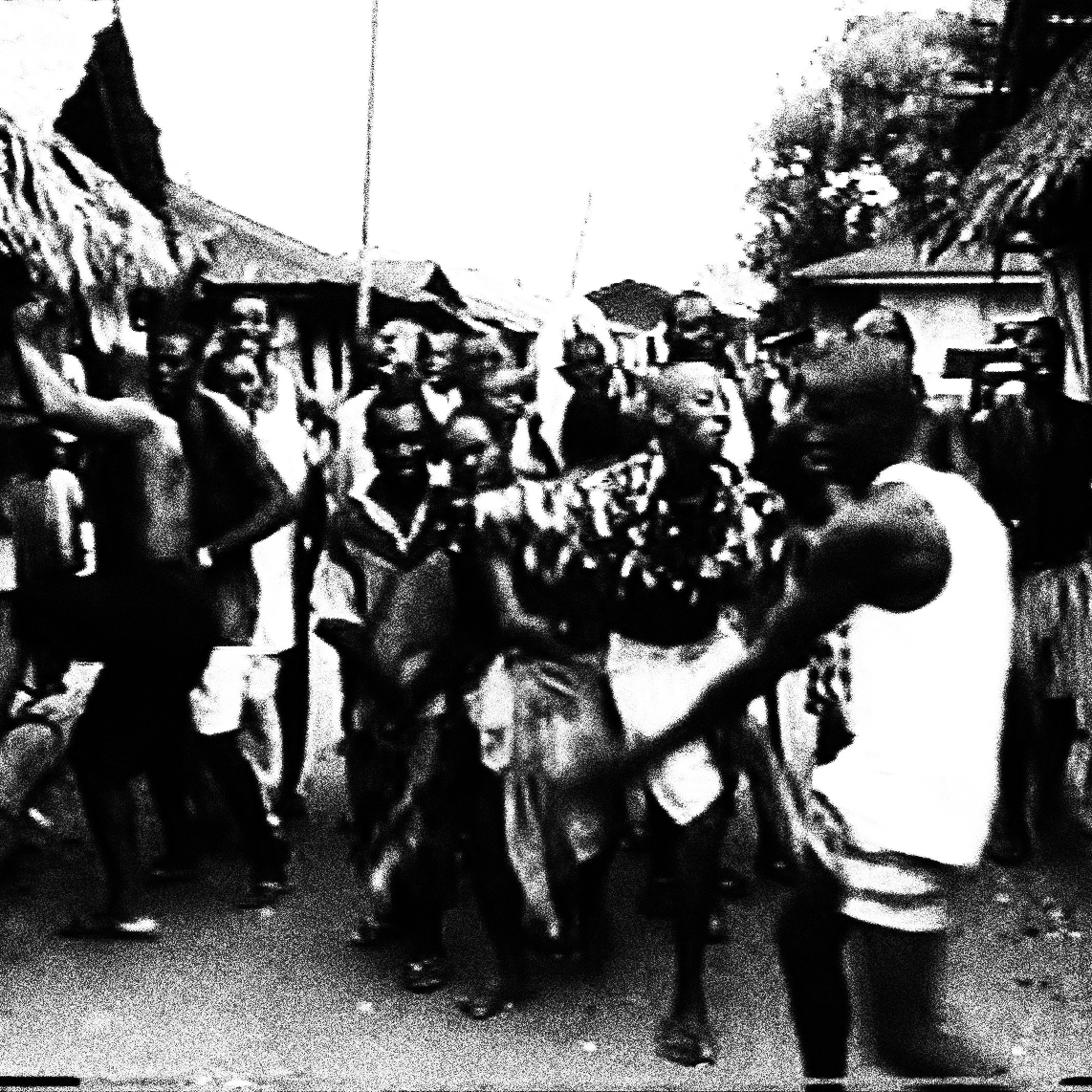
Objectives
Pre-production and scouting in the Niger Delta for PANTHERAS to be produced (5 weeks) in 2023.
To provide a brief overview of the first scouting trip in the context of the project PANTHERAS by Salomé Lamas to the Niger Delta (Bayelsa and River State) having the Niger Delta as its field of study.
Planning guidelines for the next stages of development: pre-production II and shooting, in direct and close articulation with the local producer Joel Benson (JB MULTIMEDIA STUDIOS), and Folarin Kuko (CEFO PREMIUM LOGISTICS) the responsible partners for the entire logistics and security strategy inherent to this project.
Goals
a) Meet in person with established contacts
b) Meet new possible collaborators
c) Visit Port Harcourt
d) Visit surrounding communities
e) Gather materials for a promotional teaser
f) Gather materials for artistic development and production information that will allow for a shooting with crew during the second semester of 2023
g) Firm up existing contacts
Dates
March 11th to March 29th
Itinerary
Lagos State | Lagos
Bayelsa State | Oloibiri, Yanagoa
River State | Port Harcourt, Ogoniland, Ahoda, Akrika, Opobo, Andoni
PRIMEIRA IDADE
Salomé Lamas (Director)
Raquel Da Silva (Production manager)
LAIFA UNIVERSITY
Prof. Angela Igo (Scholar)
Prof. Dappa (Scholar)
JB MULTIMEDIA STUDIOS
Joel Benson (Producer)
CEFO PREMIUM LOGISTICS, LTD
Folarin Kuko (CEO)
Sammy (HRA CEFO LAGOS)
Nelson (HRA CEFO PORT HARCOURT)
DRIVERS
PH: xxxxxxxxxxxxxxxxxx
Lagos: xxxxxxxxxxxxxxxxxxxxxxxxxxx
POLICE OFFICERS (PMF19)
xxxxxxxxxxxxxxx
xxxxxxxxxxxx
xxxxxxxxxxxxxx
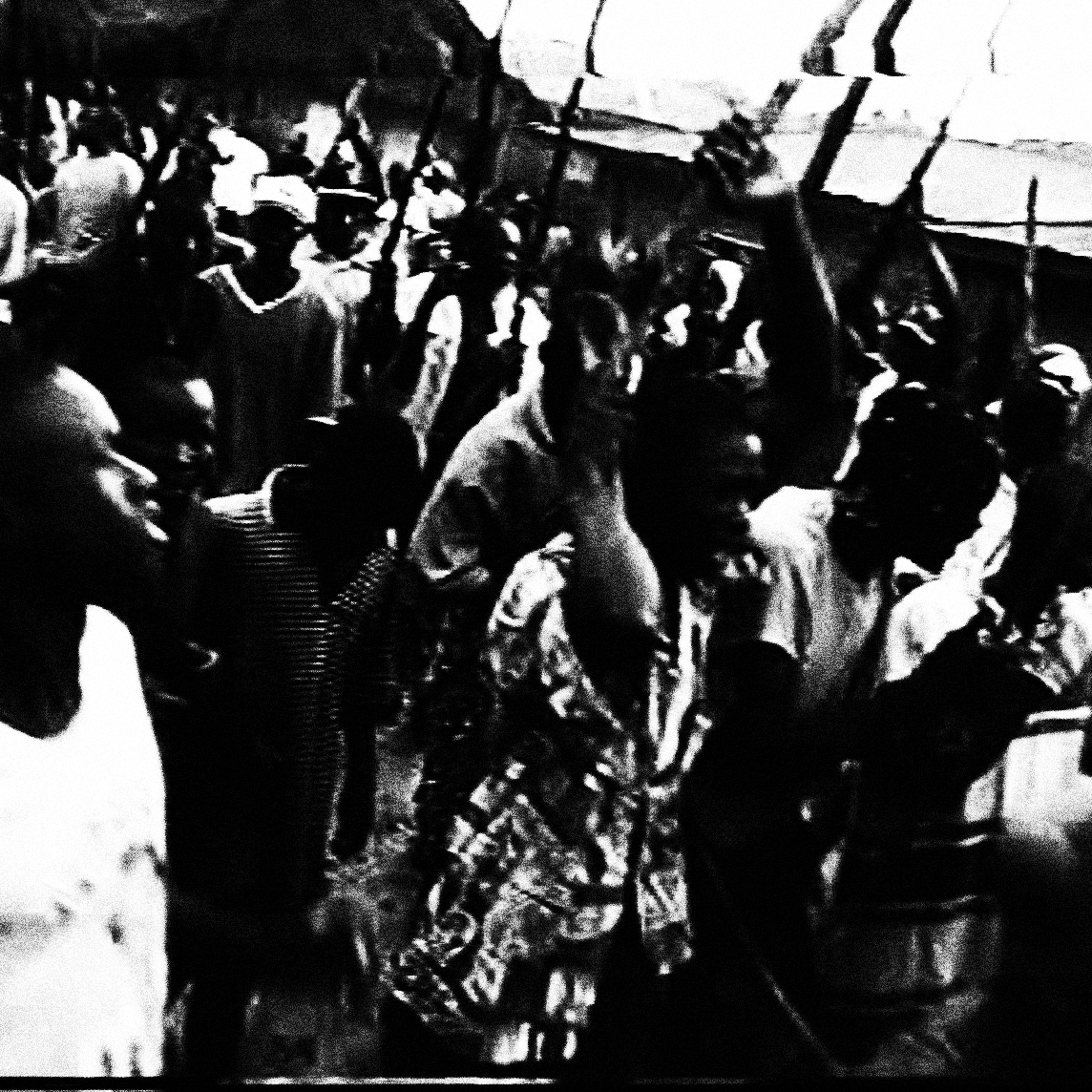
Emails to Raquel from our collaborator in Nigeria:
[...]
The arrival day, 16th, will be used to ready the gifts to be presented. Among these are 2 goats. They are to be bought from the honorarium for the interviewees.
[…]
Please have xxxxx look at this, we need to confirm availability at the hotel and assess the routes to and from the communities.
[…]
Please have your contact confirm if we are to purchase the goats. All seems in order; however, I will get the ground team to confirm a few things. Security wise, once we are in the communities it should be fine, just want to make sure the roads are passable by sedan, and we understand the full threat on the road.
[…]
Soft reminder:
Protocol officer xxxxxx xxxx will be on standby at immigration control desk to meet and fast track you and Salome on arrival at Muritala Muhammad Airport Lagos.
[…]
Apologies for my delayed response, I will forward schedule to field team, for confirmation, however, I have been speaking to xxxxxx, there has been increased cult activity and clashes over the weekend:
[…]
There is a spike on rival cult activities in Sagbama Bayelsa Axis which will spread to other parts of Bayelsa in the next few days (Cult members are sourcing for Arms now the fight ahead) and Oloibiri, which is still a stronghold of Tom Polo's boys, is considered a tough zone as travelers will be required to make their findings if it's safe and clear before proceeding.
[…]
This will affect movements later in your visit. But something to keep an eye on. For the movements to Oyorokoto, having the anti-cult guys with the team will be helpful, I will need to tie in with Nelson to make sure we are all on the same page.
[…]
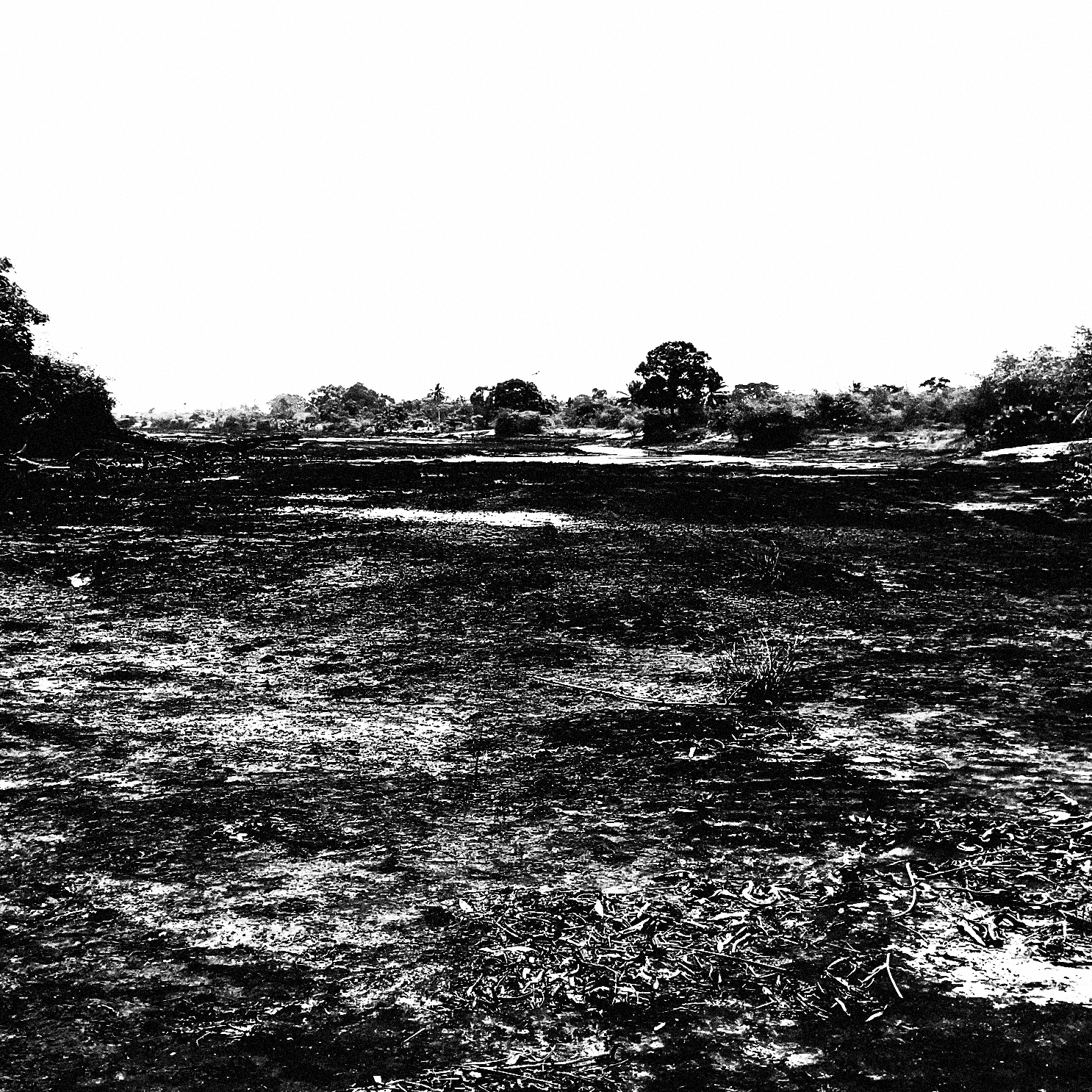
(*) Contains materials that can’t be disclosed at this stage of production. If you share our vision and have inquiries, please get in contact.